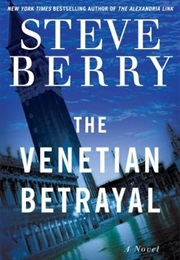
It is widely accepted the conflict and large-scale migrations over the past century, of minorities and Muslims, have led to "decosmopolitanisation". The Afterlives of Urban Muslim Asia: Alternative Imaginaries of Society and Polity In doing so, Anderson provides an account of economic liberalization in Syria as a social and cultural process as much as a political and economic one. Rather than seeing these social structures and representations as expressions of a timeless bazaar culture, or as shaped only by Islamic tradition, Exchange Ideologies relates them to processes of politically managed economic liberalization and the Syrian regime's attempts to ensure its own survival in the midst of change.

Rejecting both approaches, Paul Anderson traces the diverse social structures, and notions of language, through which Aleppo's merchants understood and construed commerce and the figure of the merchant during a period of economic liberalization in the 2000s. Other accounts portray them as venal figures, motivated only by profit, and commerce as a purely instrumental pursuit.


I belch, clear my throat, my knuckles crack. Though once I strode with regal confidence,įrom coughing fits to snorts and passing gas,

Now that I know that at least some of you aren’t seeing poems that I’m copying and pasting from my files, I’m going to try posting the last three posts in a different way.


 0 kommentar(er)
0 kommentar(er)
